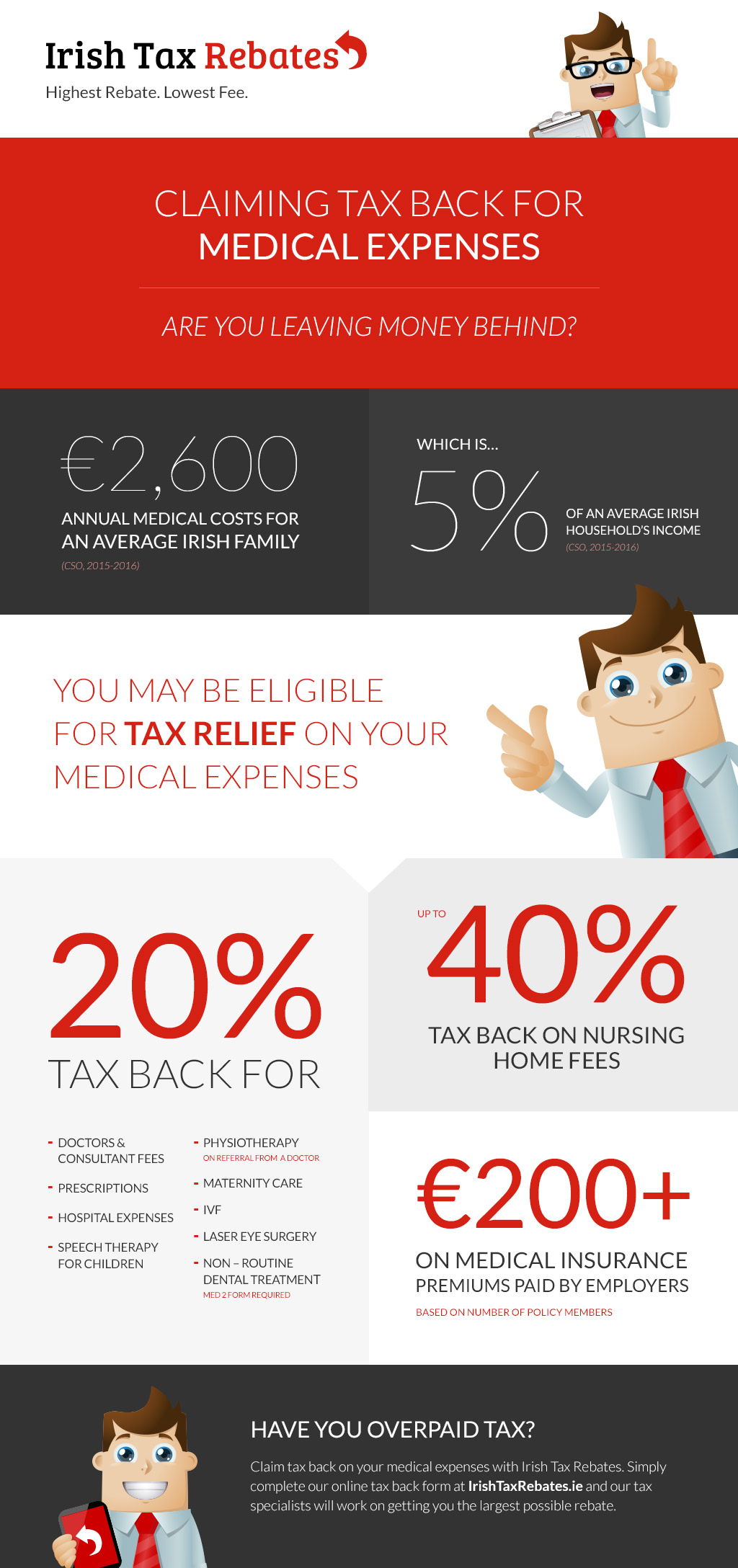Refractive Lens Exchange Explained: What Your Eye Doctor Isn't Informing You
Refractive Lens Exchange Explained: What Your Eye Doctor Isn't Informing You
Blog Article
Material Develop By-Blackwell Cochran
Have you ever before considered Refractive Lens Exchange (RLE) as an alternative for vision correction? While it isn't as commonly talked about as LASIK, RLE could be a game-changer for your vision. Many people forget its advantages, thinking standard methods are their only choice. But what are the real benefits, and what might your ophthalmologist not be telling you regarding this procedure? Allow's explore the ins and outs of RLE with each other.
Recognizing Refractive Lens Exchange: The Essentials
Refractive lens exchange (RLE) is an operation that can substantially boost your vision, especially if you're managing presbyopia or serious refractive errors.
Throughout RLE, your eye doctor eliminates your eye's natural lens and changes it with a fabricated one tailored to your vision needs. This treatment can correct nearsightedness, farsightedness, and astigmatism, offering you more clear vision without depending on glasses or get in touch with lenses.
The surgical treatment is commonly fast, taking less than an hour, and the majority of clients experience very little pain. Recovery is reasonably quickly, allowing you to go back to your daily activities quickly after.
If you're considering RLE, talking to your optometrist can aid you figure out if it's the ideal choice for you.
Secret Differences Between RLE and Typical Cataract Surgery
While both refractive lens exchange (RLE) and typical cataract surgical procedure include changing the eye's natural lens, their main goals and patient profiles vary significantly.
RLE is aimed at individuals looking for to reduce their dependancy on glasses or call lenses because of refractive errors, commonly before cataracts develop. In contrast, typical cataract surgery generally targets people who've developed cataracts, which shadow the lens and impair vision.
The lenses utilized in RLE can supply a broader range of vision correction, while common cataract surgery normally involves fundamental monofocal lenses.
Additionally, RLE candidates are commonly younger and in great general wellness, whereas cataract people may be older and have other health and wellness worries.
Picking the right treatment depends on your specific vision needs and conditions.
Potential Advantages and Considerations of RLE
If you're taking into consideration refractive lens exchange (RLE), you'll discover numerous prospective benefits that might boost your lifestyle.
RLE can provide you with clearer vision, decreasing or getting rid of the requirement for glasses or get in touch with lenses. https://menafn.com/1102854475/Realtimecampaigncom-Promotes-Lasik-Eye-Surgery-Reviews-Clearing-Up-Some-Misconceptions-about-Refractive-Procedures&source=29 uses an opportunity to resolve presbyopia and various other refractive mistakes simultaneously, typically boosting your overall visual acuity.
Additionally, RLE can be an excellent option if you're not an appropriate candidate for LASIK. However, it is essential to evaluate the considerations, like the cost, prospective risks, and the recovery duration.
Discussing your details requirements with your eye doctor can aid you make an informed choice, guaranteeing you pick the best course for your vision adjustment.
Conclusion
Finally, refractive lens exchange offers a distinct service for vision adjustment that surpasses what LASIK can supply. It's important to evaluate the benefits against possible threats and expenses before choosing. Do not be reluctant to ask your eye doctor the tough inquiries to ensure you fully recognize the procedure and its effects for your vision. With https://www.healthline.com/health/eye-health/floaters-after-cataract-surgery , you can confidently pick the very best option for your eyes and lifestyle.
